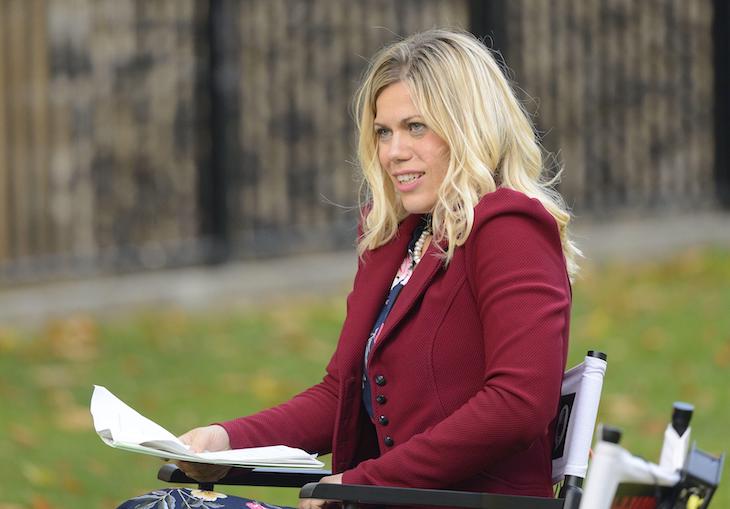Fulfil your civic duty. Get married. Have children. That was the message from Miriam Cates, the increasingly prominent Conservative backbencher, to guests at a drink reception earlier this week. In what even her fiercest critics would have to concede was an impressively bold speech, Cates suggested that many of her female constituents want to work less and spend more time with their children.
Already a subscriber? Log in
Subscribe for just $2 a week
Try a month of The Spectator Australia absolutely free and without commitment. Not only that but – if you choose to continue – you’ll pay just $2 a week for your first year.
- Unlimited access to spectator.com.au and app
- The weekly edition on the Spectator Australia app
- Spectator podcasts and newsletters
- Full access to spectator.co.uk
Or




















Comments
Don't miss out
Join the conversation with other Spectator Australia readers. Subscribe to leave a comment.
SUBSCRIBEAlready a subscriber? Log in